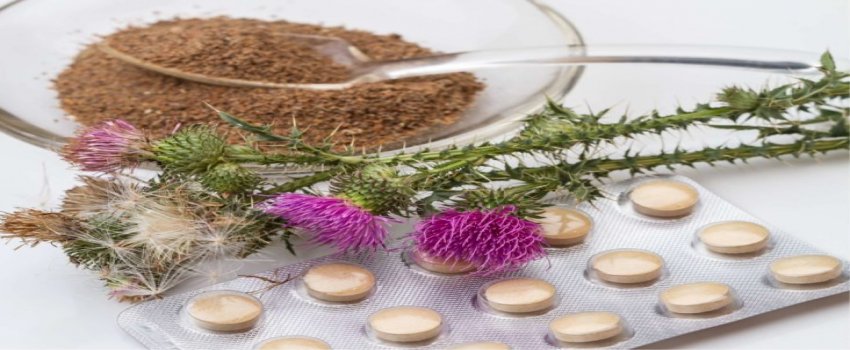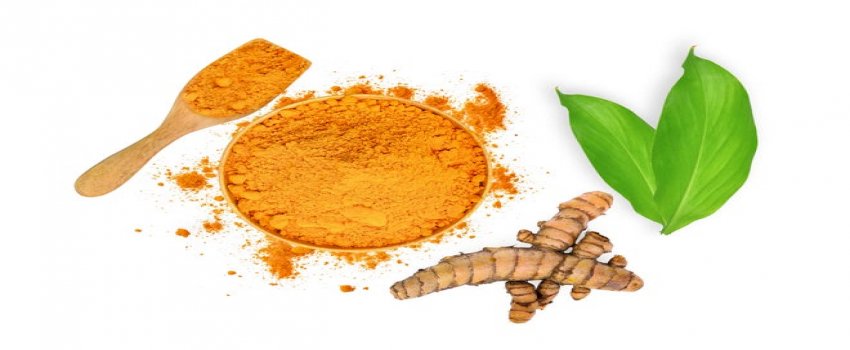The sun is our friend, but it can also be our enemy. That’s because as little as 15 minutes of exposure can bring about skin disorders such as melasma and skin cancer. As such, experts recommend wearing sunscreen and protective clothing regularly.
While these methods are very effective, some people are looking for ‘natural’ alternatives that work just as well (if not better). Here are some supplements that may help provide added protection against the sun:
Polypodium Leucotomos
Polypodium leucotomos is a fern whose runners (rhizomes) are used to make supplements. Experts believe that this plant is rich in antioxidants, which help protect the skin from the harmful effects of UVA and UVB.
Because of this effect, Polypodium leucotomos has been tested as a potential supplement for melasma. A study has shown that twice-daily supplementation (totaling 480 milligrams) of Polypodium leucotomos helped reduce melasma severity by as much as 49.4%.
With these benefits, Polypodium leucotomos may also be useful in reducing the sun’s other harmful effects on the skin, including premature aging, sunburn, and skin cancer.
Pomegranate Extract
Pomegranate extract comes from a seedy fruit native to Iran and India. Rich in antioxidants, this superfood has long been used by the ancient Egyptians and Indians – both of which used them in healing rituals.
The tradition continues up until now, many thanks to Pomegranate’s many health benefits – including that of being a natural sunscreen. Such is made possible by the fruit’s anthocyanins and tannins – antioxidants that neutralize the aging effects of free radicals on the skin.
Expectedly so, these same antioxidants make Pomegranate extract a potent defender against irreversible UV ray damage. According to a study, taking Pomegranate extract at least 1 hour before sun exposure may help prevent the harmful effects of UVB. Not only will this help lower the risk for premature aging, Pomegranate may also help decrease skin cancer potential in the long run.
Grape Seed Extract
As the name suggests, grape seed extract (GSE) is obtained from dried and pulverized grape seeds. It is rich in antioxidants such as proanthocyanidins, which are responsible for the grape’s reddish/violet color.
Proanthocyanidins are not only beneficial to the heart, it may help reduce breast cancer risk as well. These same antioxidants make GSE beneficial against skin conditions such as melasma.
Such promising results were seen in a Japanese study. Participants were supplemented with 67 milligrams of GSE, which were taken thrice daily. After six months of use, results showed that it helped lighten melasma patches in the respondents.
The regular dose was followed with supplementation for another 5 months. Subsequent results showed that it helped prevent melasma from worsening, particularly during the summer season.
Silymarin from Milk Thistle

Silymarin or Milk Thistle is an upright herb grown in North America and Mexico. It is recognized as one of the most promising medicinal plants, having been used for liver problems, kidney disease, lung conditions – even depression.
Silymarin’s many health benefits are attributed to its high antioxidant content. At the same time, these substances – specifically the flavonolignans – make the plant a good natural sunscreen as well.
Silymarin’s sun-protective effects are made possible by two mechanisms. First, it helps scatter the sun rays – just like what Zinc oxide and Titanium oxide in traditional sunscreens do. Secondly, it helps absorb UV rays, thus minimizing their damaging effects on the skin.
With these actions, research has shown that Silymarin offers a high degree of UVA protection. UVA, which makes up most of the solar radiation, can damage the vessels – as well as the vital skin components of collagen and elastin.
Prolonged exposure to UVA can also lead to dry, inelastic skin. If left unchecked, these UV rays could lead to spot/wrinkle formation and premature skin aging.
Beta-carotene
Beta-carotene is a red-orange pigment commonly found in carrots. This, along with other carotenoids, provides as much as 50% of the daily recommended intake for Vitamin A.
As an antioxidant, beta-carotene helps protect the skin cells from UV damage. This benefit has helped make Beta-carotene a favorable choice for sun protection.
In fact, a study has shown that a lotion made with beta-carotene, when applied to the body twice daily, may help lighten melasma spots. Results showed improvements in as much as 83.3% of the participants. To wit, one participant managed to completely recover after just 8 weeks of use.
Although mild erythema (redness) and some irritation developed in two participants, scientists believe that there are benefits to using beta-carotene for melasma.
Lycopene
Lycopene is a carotenoid – a substance that gives tomatoes (and other vegetables and fruits) their rich red color. It works as an antioxidant, and as such it may help reduce the harmful effects of UV rays on the skin.
Because of this action, Lycopene has been used with other supplements to help address melasma. A study has shown that a supplement made with Lycopene, Beta-carotene, and probiotics (Lactobacillus johnsonii), together with regular sunscreen use, may be able to reduce melasma symptoms by as much as 8.5%.
Niacinamide
Niacinamide, also known as Nicotinamide, is a Vitamin B3 supplement known for its many skin benefits. It is popularly used against acne, premature skin aging, eczema, erythema, rosacea, seborrheic dermatitis, even skin cancer.
With its many positive features, niacinamide has been used to thwart sun damage as well. According to a study, oral or topical use of niacinamide may provide sun protection with little to no side effects.
Niacinamide makes this possible by reducing the sun’s ability to weaken the immune system. Further studies also show that it helps promote the immediate repair of sun-damaged skin cells.
Curcumin

Curcumin is a bright yellow powder obtained from the Curcuma longa plant. While it is commonly used to make delicious recipes, it has also become a popular supplement for the skin.
As for melasma, curcumin works by suppressing melanin production in the cells. According to a study, twice-daily application of curcumin cream (with niacinamide) may have helped reduce the appearance of pigmented spots by 14 to 16%.
To make things even better, results showed that curcumin use may have reduced the participants’ fine lines and wrinkles as well.
Green Tea Extract
Green tea is a refreshing drink that has consumed for over 5 millennia. It is rich in antioxidants called catechins, which may help prevent diabetes, heart disease, and some cancers. These same catechins also make green tea extract beneficial against melasma and other skin conditions.
A study has shown that it may help inhibit the activity of the enzyme tyrosinase, which plays a role in heightened melanin production.
Apart from regular green tea drinking, topical green tea extract may help reduce melasma symptoms as well. Results show that a 2% cream helped lighten patches in 60% of the participants, compared to just 3% of the placebo group.
Selenium
Selenium is a trace mineral that works as an antioxidant. As such, it can help neutralize the free radicals that cause damage to the cells.
When used with other antioxidants, selenium may help reduce the sun’s harmful effects on the skin cells.
According to a study, a supplement made with selenium, carotenoids, vitamins C and E may help protect the skin. This combination may help reduce the levels of MMP-1 and 9 in the body, both of which contribute to sun damage.
Since these ingredients were prepared at recommended quantities, the researchers believe that they may be used for long-term protection against melasma and other pigmentation disorders.
Zinc
Zinc is a trace element that is needed for good immune function, DNA synthesis, and more. Expectedly so, low zinc levels may lead to some conditions, such as melasma.
A study has revealed that zinc deficiency is present in 45.8% of melasma patients, compared to just 23.7% in the control group.
Because of this, zinc supplementation may help reduce the symptoms in at-risk populations, i.e. pregnant women and those taking birth control pills.
In a Nutshell
Regular sunscreen use, protective clothing, and staying under the shade are useful against sun damage. But if you want to improve your defense against the harmful UV rays, then you need to consider supplements such as Polypodium leucotomos, grade seed extract, beta-carotene, lycopene, niacinamide, curcumin, green tea extract, selenium, and zinc.

 Add to favorites
Add to favorites 





Be the first to comment